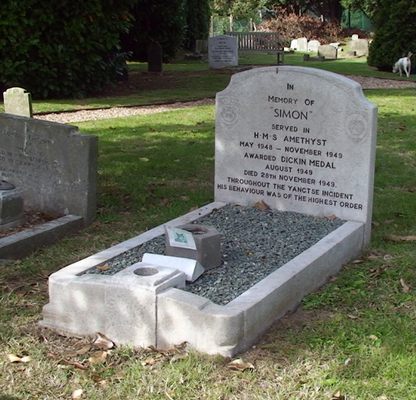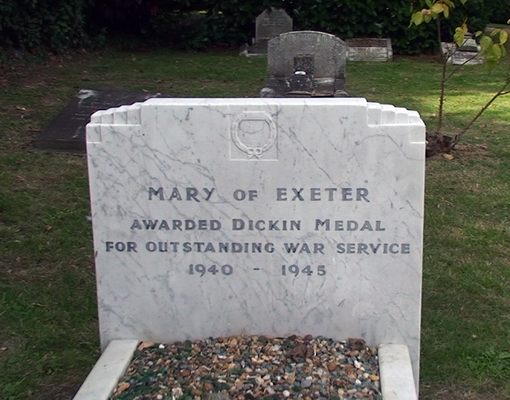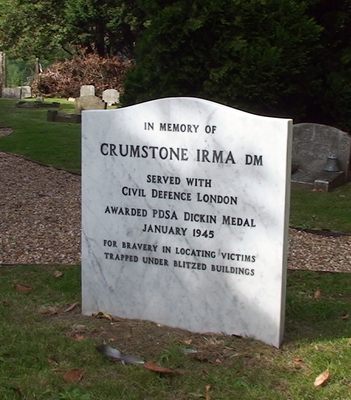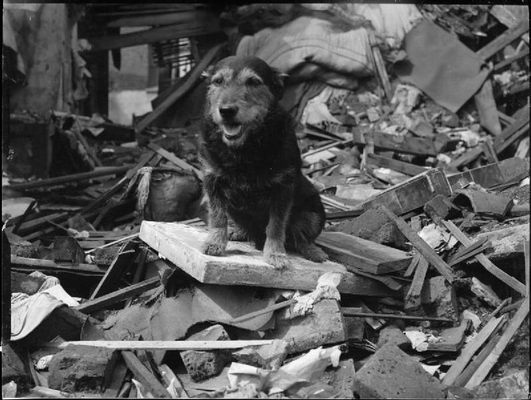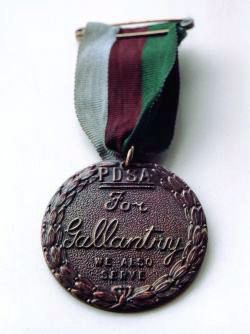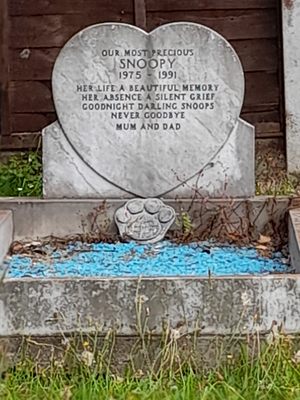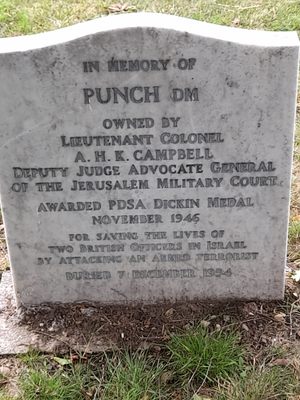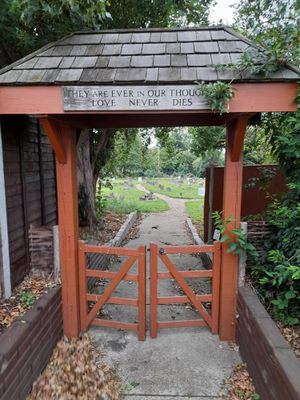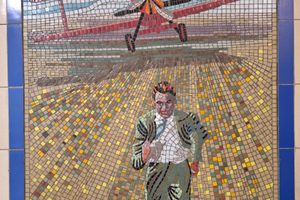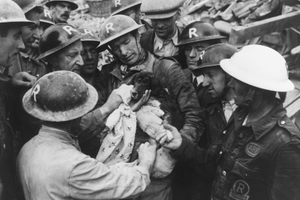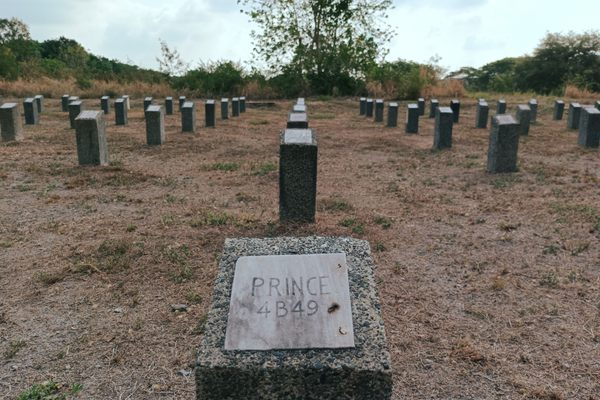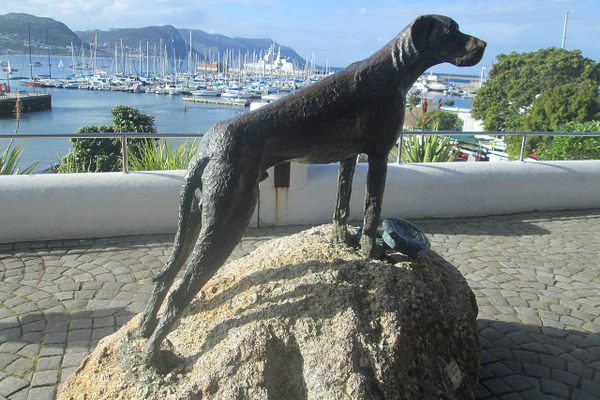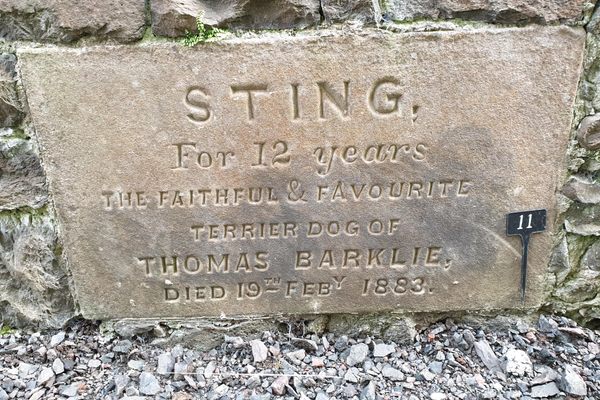About
At the Ilford Animal Cemetery in London you'll find the graves of war heroes who are less well known—those that killed rats on ships, sniffed out wounded casualties of air raids, and flew messages back and forth across the English Channel. Many of them have medals in recognition of their service.
The cemetery was founded in the 1920s as a final resting place for family pets and military animals. More than 3,000 animals were buried there between the 1920s and 1960s. After that, for nearly half a century, it sat neglected and became overgrown, many of the graves breaking over time.
The cemetery was restored in 2007 and reopened with a grand ceremony that included a pigeon fly-past (which did not go as planned) and a performance of “Last Post,” a bugle call used by various branches of the British military.
The military animals buried at Ilford include Mary of Exeter, a World War II carrier pigeon, Rip, a stray dog who became the first search and rescue dog in the service of England, and Simon, a stray cat who ended up serving aboard the HMS Amethyst in the late 1940s.
Simon was something of a celebrity. An accomplished killer of rats, Simon was wounded on the Yangtze River, in China, when gunfire penetrated the Amethyst’s captain’s cabin, killing the commanding officer. Simon was not expected to survive, but was soon able to return to killing rats aboard the ship. He received the Blue Cross, the Yangtze Campaign Medal, and the PDSA Dickin Medal, an award for war animals established during World War II. It includes the words “We Also Serve.”
Simon was so famous (he was promoted to “Able Seacat”), that an officer on the ship was made “cat officer” and put in charge of answering Simon’s fan mail (this man, Lieutenant Commander Stewart Hett, attended the reopening of the cemetery). Simon died of a virus while in a mandatory quarantine upon entering the United Kingdom, and was buried in Ilford.
Bob Flowerdew, a celebrity organic gardener in England, designed a Pet Tribute Garden based on the Dickin Medal. Thirteen of the animals at Ilford, including Rip and Mary of Exeter, are Dickin Medal recipients, but the cemetery also has a marker for “The Strays and All Ill-Treated Creatures.”
Related Tags
Know Before You Go
The cemetery is situated behind a PDSA veterinary clinic on Roding Lane.
Community Contributors
Added By
Published
April 17, 2017
Sources
- https://en.wikipedia.org/wiki/Dickin_Medal
- https://www.google.co.uk/maps/dir/London/35+Woodford+Bridge+Rd,+Woodford,+Ilford+IG4+5LL/@51.5468174,-0.0978392,14577m/data=!3m2!1e3!4b1!4m13!4m12!1m5!1m1!1s0x47d8a00baf21de75:0x52963a5addd52a99!2m2!1d-0.1277583!2d51.5073509!1m5!1m1!1s0x47d8a6d96cdd482d:0x642c3614cf55b34b!2m2!1d0.0465949!2d51.5871321?hl=en
- https://en.wikipedia.org/wiki/Ilford_Animal_Cemetery
- https://en.wikipedia.org/wiki/Simon_(cat)
- http://news.bbc.co.uk/2/hi/uk_news/england/7137229.stm
- http://waythroughwithyou.blogspot.com/2012/01/ilford-animal-cemetery.html
- https://www.pdsa.org.uk/what-we-do/what-makes-us-special/a-history-of-caring
- http://www.purr-n-fur.org.uk/featuring/war04.html
